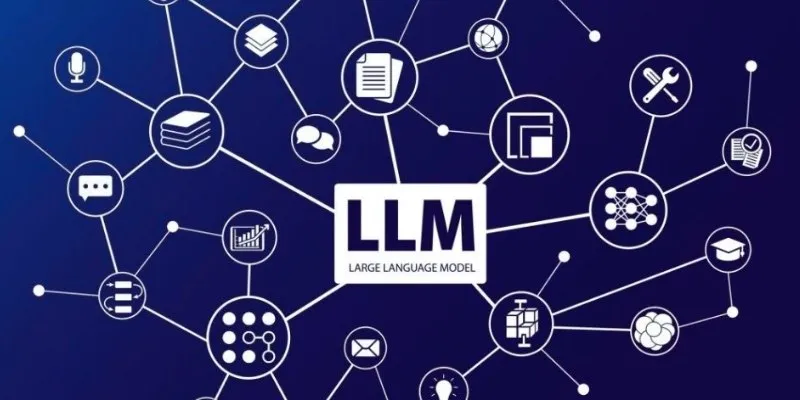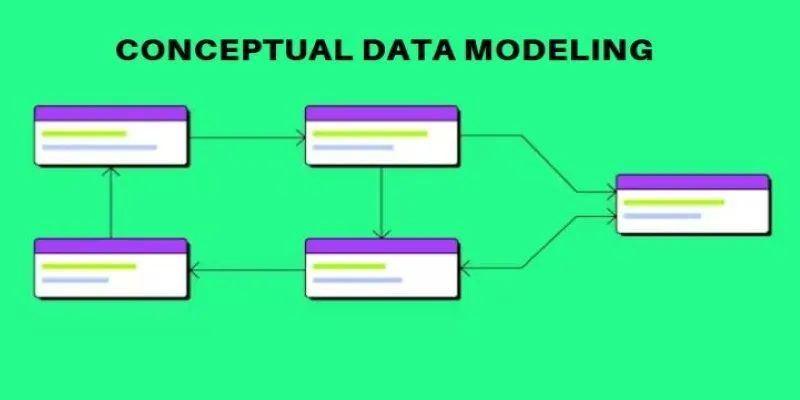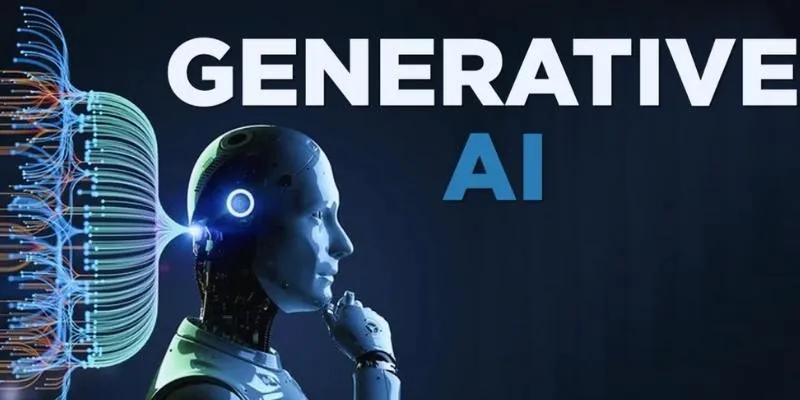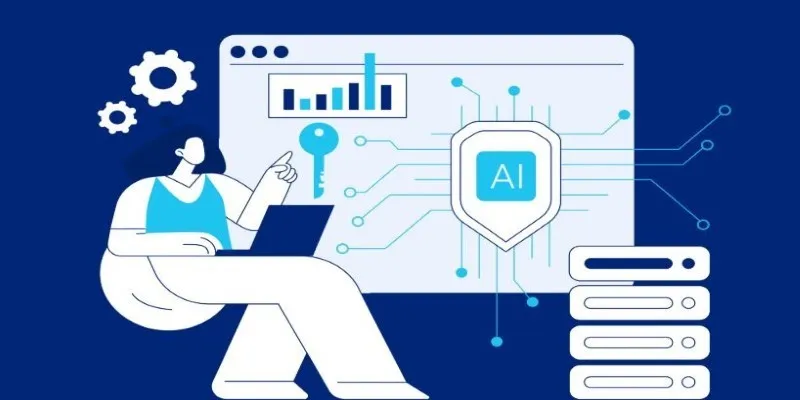Analyzing data has traditionally demanded a blend of technical expertise and patience. Despite the advent of user-friendly dashboards and sophisticated analytics tools, sifting through large datasets often feels akin to searching for a needle in a haystack. Google’s generative AI-powered data agents are set to transform this experience.
Instead of requiring users to craft complex queries or possess an in-depth understanding of data structures, these agents enable interaction through natural language. It’s akin to conversing with someone who already comprehends your requirements.
How Do Google’s Generative AI Agents Work?
Google’s AI agents make data interaction as simple as having a straightforward conversation. Leveraging Google’s prowess in natural language understanding, these agents access both structured and unstructured data. You can pose questions like, “Which products sold the most in Europe last quarter?” and receive instantaneous answers. The agents also provide smart follow-up suggestions or prompts to explore unseen patterns.

What distinguishes these agents is their contextual understanding. They’re adept at language and familiar with real-world business data organization. They recognize synonyms, identify trends, and manage inconsistencies effectively. Even if your data is imperfect, the agents work with it and ask clarifying questions when needed, making the process feel less technical.
The agents integrate seamlessly with tools like BigQuery, Looker, or Google Sheets, eliminating the need for file exports or new platform learnings. This accessibility empowers more people to derive insights independently, allowing analysts to focus on strategic tasks.
Why Are These Agents Important for Businesses and Analysts?
For businesses, waiting for data requests to be fulfilled can hinder decision-making. AI-powered agents alleviate this bottleneck by enabling immediate answers to straightforward questions without requiring SQL knowledge or specialized tools.
For data professionals, these agents don’t replace them but rather liberate them from routine queries, allowing focus on higher-level analysis and strategy. The agents handle descriptive analytics, summarizing past events, while experienced professionals tackle predictive insights.
This democratization of data access fosters a cultural shift within organizations. Employees engaging directly with data develop a data-driven mindset, making data an integral part of everyday decision-making.
Beyond User-Friendliness: Additional Benefits
These generative AI agents excel at handling ambiguous data. Real-world datasets often contain inconsistencies or missing fields, which usually require human analysts to clean up. Google’s agents can navigate such imperfections and still provide accurate calculations.

Moreover, they help uncover trends you might not have considered. You may inquire about sales in one region, only for the agent to highlight an unexpected spike in another region.
Privacy and security are integral to these agents, adhering to existing data platform permissions to ensure sensitive information remains protected.
The Future of Data Analysis with Generative AI
As these AI agents become more prevalent, expectations for data interaction speed and ease will evolve. What once required specialists is now accessible to anyone with the right permissions. This broader access leads to quicker decisions, more experimentation, and improved outcomes.
Future iterations of these agents may handle complex analyses like scenario modeling or forecasting, requiring minimal user input. This evolution could enable real-time organizational operations, with everyone able to monitor and respond to changes as they occur.
These agents illustrate that the future of data is less about manipulation and more about inquiry. This shift reduces participation barriers and encourages broader engagement with data.
Conclusion
Google’s generative AI-powered data agents transform data analysis into a natural, conversational experience. They eliminate technical barriers, save time, and encourage meaningful data engagement. Businesses benefit from faster, better-informed decisions, while analysts can delve into deeper insights. These agents mark a step toward a future where data is not just accessible but genuinely usable for everyone. As they evolve, they promise to redefine how we ask questions and find answers in a data-rich world.
 zfn9
zfn9























